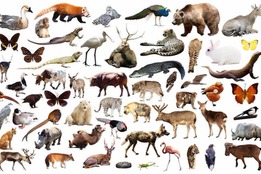1
: any of numerous pigeons
especially
: a small wild pigeon
2
: a gentle woman or child
3
: one who takes a conciliatory attitude and advocates negotiations and compromise
especially
: an opponent of war compare hawk entry 1
dovishness
noun
Love words? Need even more definitions?
Merriam-Webster unabridged















Share